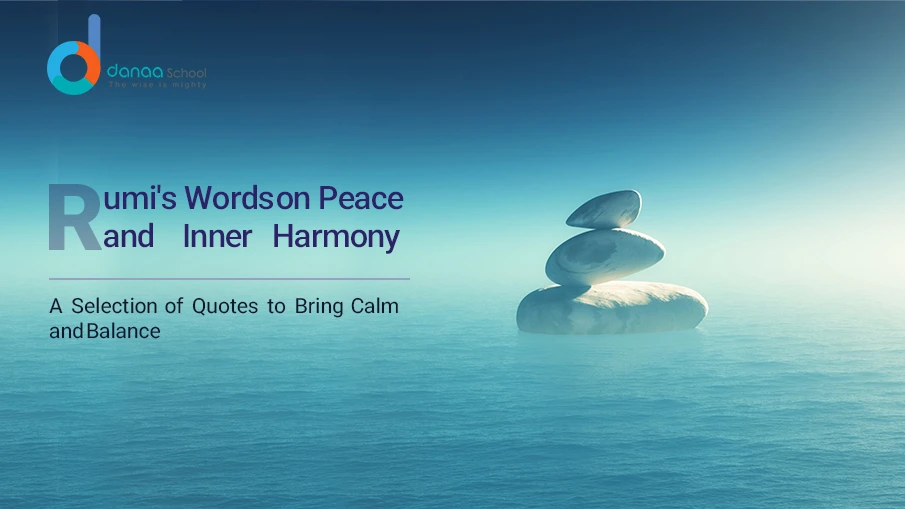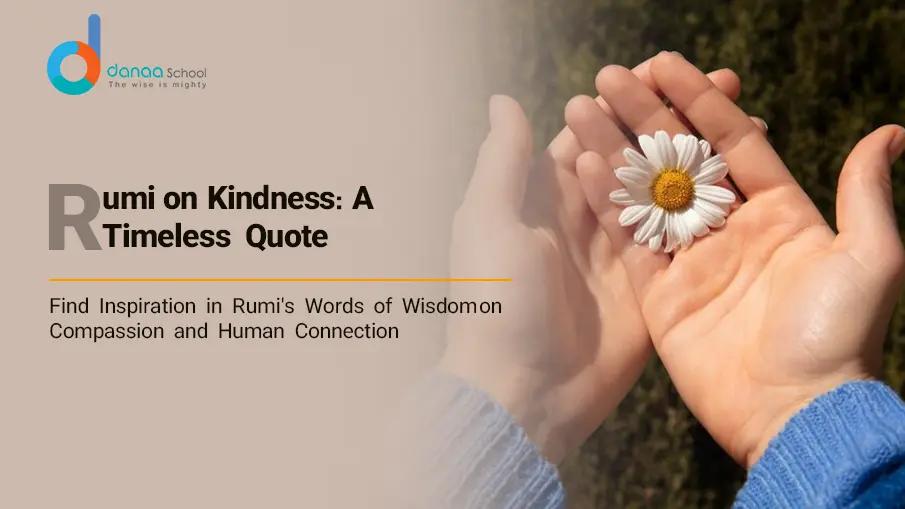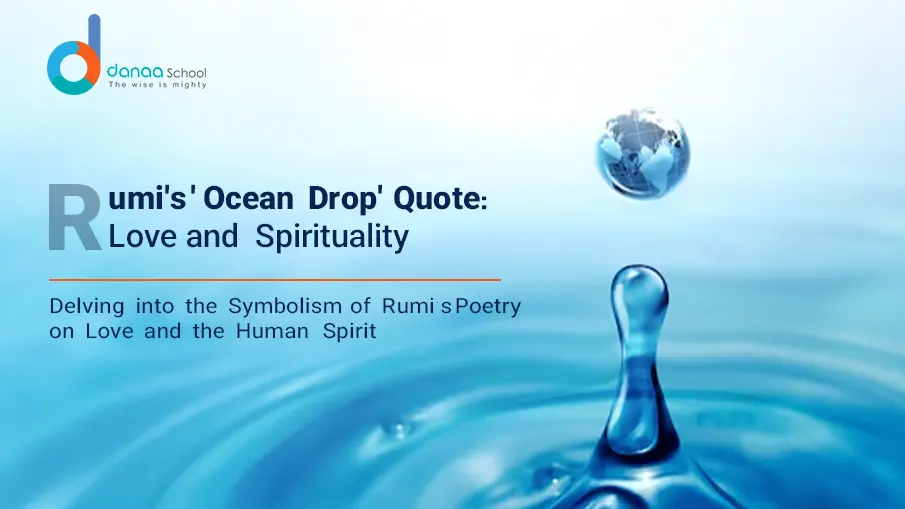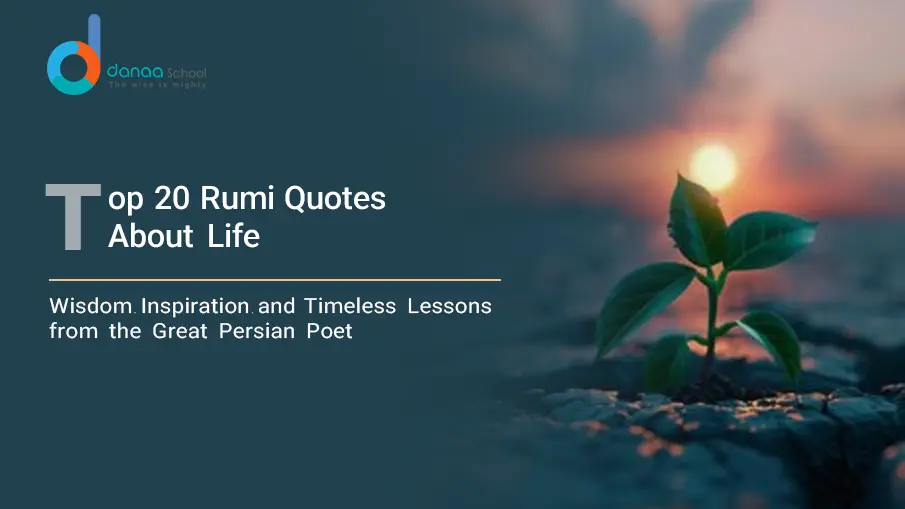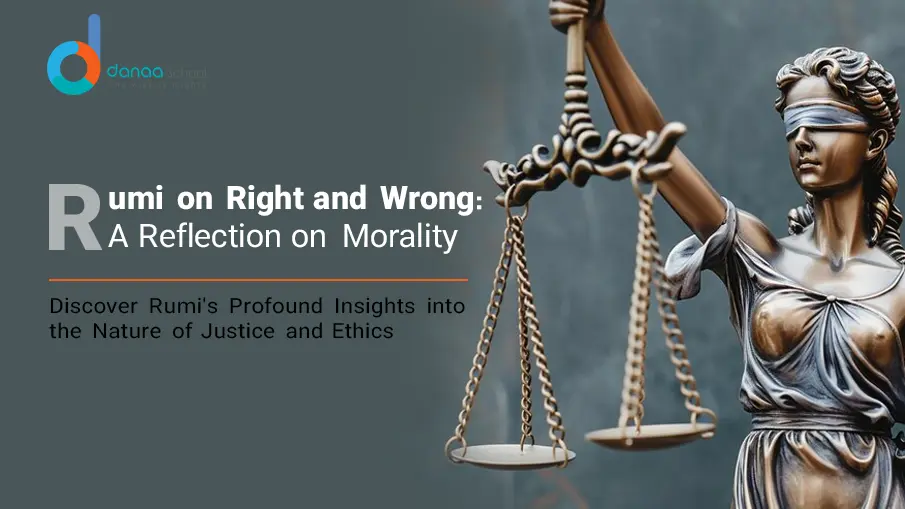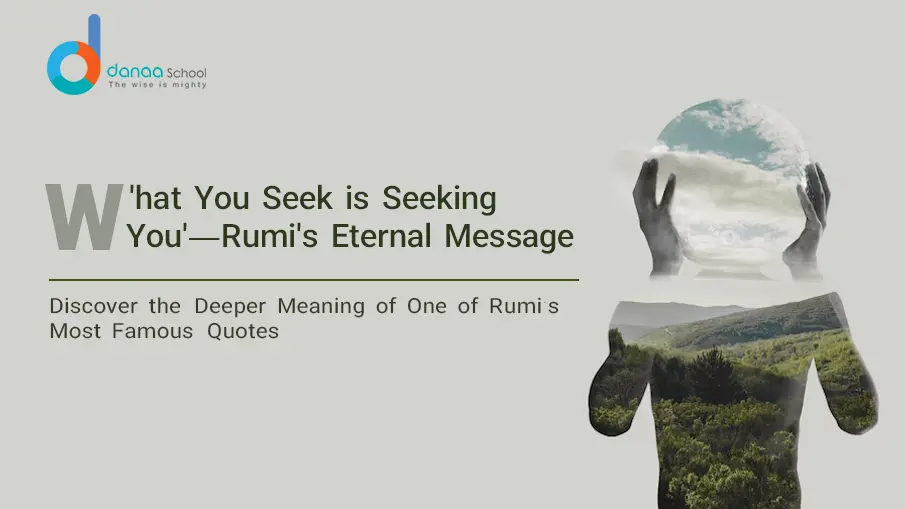peace and inner peace are at the heart of Rumi’s spiritual teachings, guiding readers toward harmony, self-awareness, and a deeper connection with the soul.
Best Rumi Quotes About Peace and Inner Peace
Rumi, also known as Jalal ad-Din Muhammad Rumi, was a 13th-century Persian poet, Islamic scholar, and Sufi mystic whose words continue to resonate with seekers of wisdom, love, peace and inner peace across the world.
Rumi’s poetry transcends time, culture, and religion. His reflections on the human soul, love, and spiritual awakening offer timeless guidance for those seeking calm and meaning in an often chaotic world.
Understanding Peace and Inner Peace in Rumi’s Teachings
For Rumi, peace and inner peace are not defined by the absence of problems or external conflict. Instead, they arise from inner alignment — a state where the heart, mind, and soul move together in harmony.
Rumi teaches that true peace emerges when the ego softens and the individual surrenders to love, awareness, and trust in the divine order of existence. Inner peace, in this sense, becomes a spiritual achievement rather than an emotional reaction.
This perspective allows individuals to face uncertainty, loss, and transformation without losing their inner balance. Peace becomes something lived, not something sought.
The Role of Inner Silence and Awareness
One of the most recurring ideas in Rumi’s work is silence. Silence, for Rumi, is the gateway to peace and inner peace. When the noise of the ego fades, deeper truths become audible.
By cultivating inner stillness, individuals gain clarity and emotional resilience. Rumi reminds us that constant distraction separates us from our essence, while stillness reunites us with it.
Rumi Quotes About Peace and Inner Peace
- “The quieter you become, the more you are able to hear.”
- “Your task is not to seek for love, but merely to seek and find all the barriers within yourself that you have built against it.”
- “When you let go of who you are, you become who you might be.”
- “Why are you busy with this or that or good or bad; pay attention to how things blend.”
- “Where there is ruin, there is hope for a treasure.”
Applying Rumi’s Wisdom in Daily Life
Rumi’s insights into peace and inner peace are deeply practical. His teachings encourage mindfulness, compassion, and self-reflection as daily practices rather than abstract ideals.
By observing thoughts without judgment, practicing gratitude, and responding rather than reacting, individuals can cultivate a calmer inner world. Rumi believed that inner transformation naturally leads to external harmony.
Peace, in Rumi’s philosophy, is contagious. When one person finds inner balance, it subtly influences families, communities, and society at large.
Why Rumi’s Message Still Matters Today
In a modern world shaped by speed, anxiety, and constant stimulation, Rumi’s teachings on peace and inner peace feel more relevant than ever. His poetry invites readers to slow down, listen inwardly, and rediscover meaning beyond material success.
Rumi reminds us that lasting peace does not come from controlling the world, but from understanding ourselves.
Conclusion
Peace and inner peace are not distant goals in Rumi’s poetry; they are states of being available to anyone willing to look inward. His words serve as gentle companions on the path toward self-awareness, love, and spiritual clarity.
If you are inspired by Persian literature and wish to explore the depth of Rumi’s teachings, Danaa School offers guided courses that connect language, poetry, and meaning in a living, human way.



